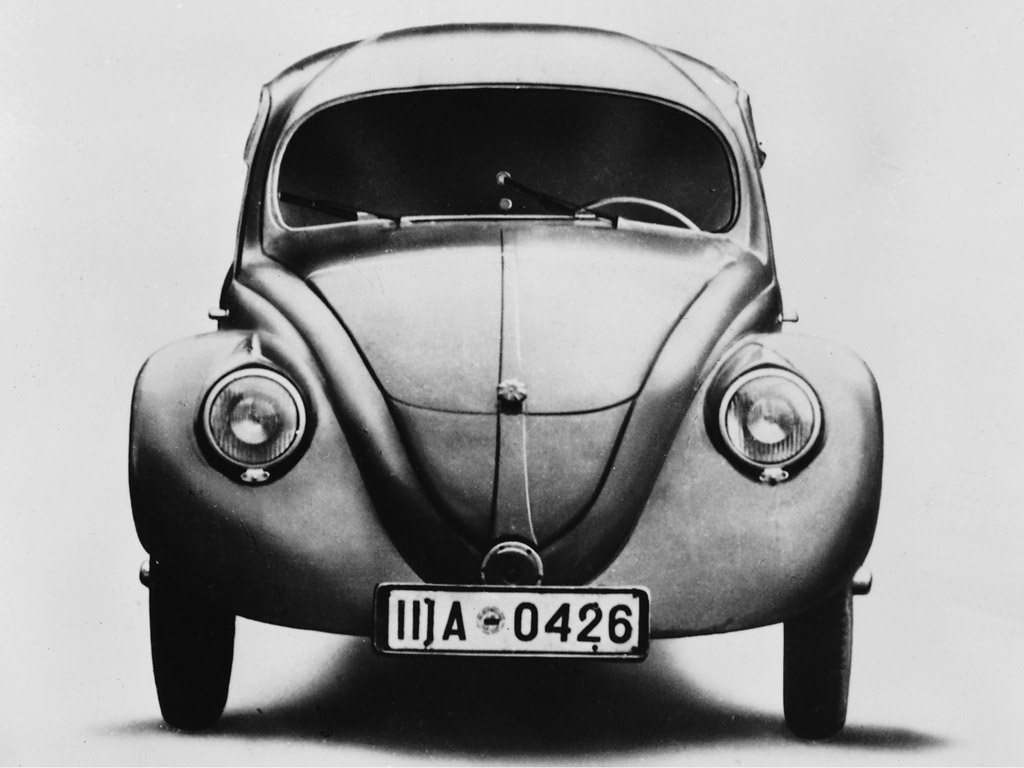Uber has just hit a speed bump in Germany, facing its first nation-wide ban (which it’s defying). Instead of getting giddy in interviews over the potential destruction of jobs, company CEO Travis Kalanick would do himself a big favor if he would instead focus on the ways the old system was flawed. Take my city of New York for instance: It’s always been difficult to get a taxi to the outer boroughs from Manhattan, African-Americans have had a hell of a time getting a ride anywhere and unwitting tourists have often been ripped off by predatory drivers. Uber can be viewed as an equalizer of sorts (provided it doesn’t fail in the same manner). From Jeevan Vasagar at the Financial Times:
“Uber is facing its biggest legal challenge so far after its most popular service was banned throughout Germany, marking the first time the disruptive taxi app has been hit with a country-wide restriction.
The temporary injunction imposed by Frankfurt’s Regional Court prohibits the fast-growing company, valued in a recent funding round at $17bn, from operating its Uber Pop ‘ride-sharing’ service, known as Uber X in other markets.
Uber said it would continue to operate in defiance of the injunction, but it faces fines of up to €250,000 ($328,000) per trip if it is caught violating the ban, which does not affect its higher-priced ‘Black’ limousine service.
The San Francisco-based start-up is one of a number of Silicon Valley firms, including Google and Facebook, to face a regulatory backlash in Europe, where authorities have led the way in questioning the practices of California’s leading technology companies.”


